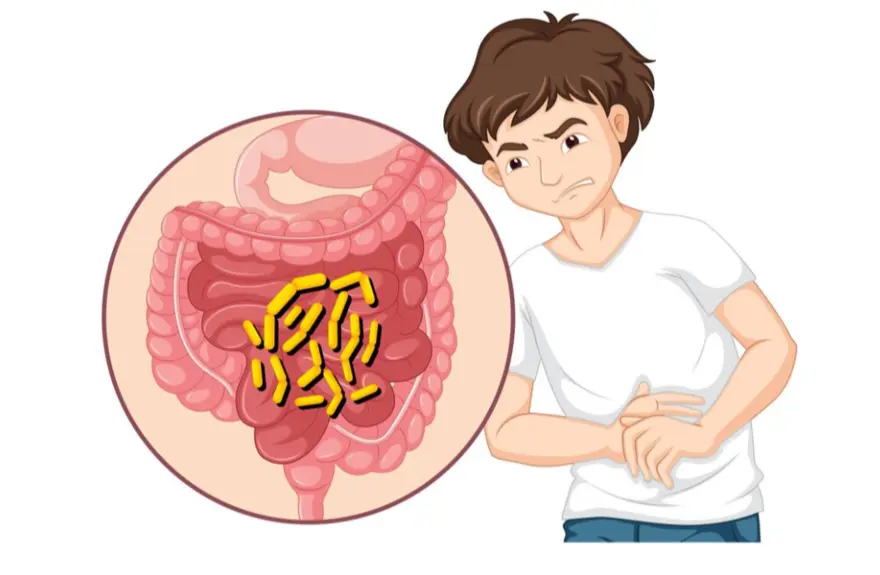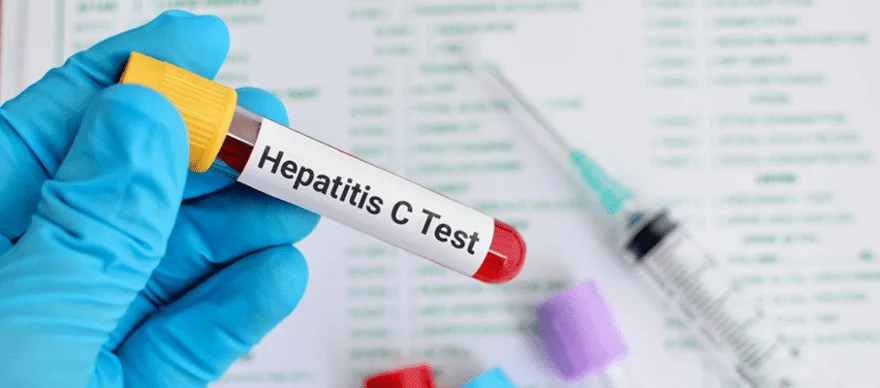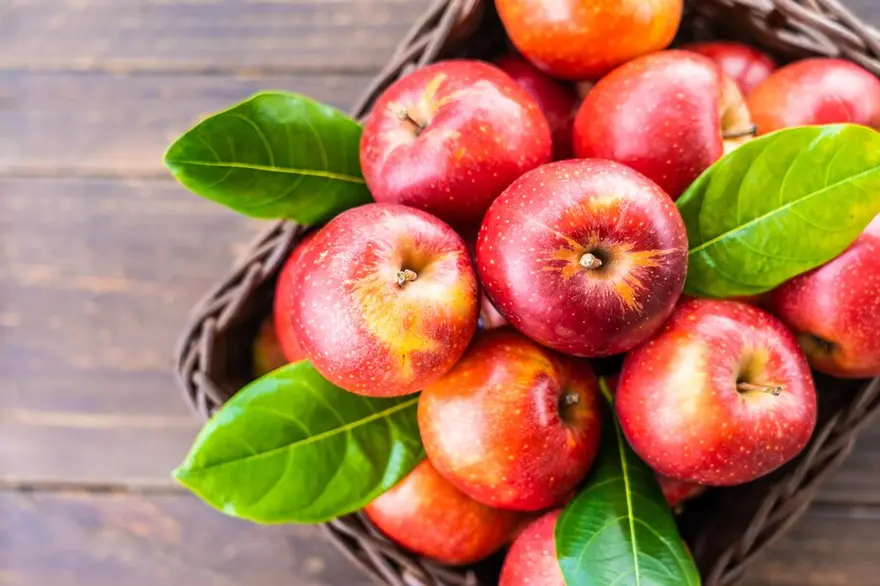Allergy - Fruit Panel
52+ booked in last 3 daysFruit Allergy Test Overview
An allergy is a hypersensitivity disorder of the immune system that causes undesirable reactions to certain substances like food, dust, pollen, drugs or even animal dander. These reactions normally do not occur in others. The substance causing the reaction is an allergen. Immunoglobin E is an antibody that the body produces in case of an allergic reaction. A total IgE test is a blood test used to measure the complete IgE levels in the blood, but it does not indicate what specific allergen is causing the reaction. Allergy-Fruit panel is a food allergy screening that tests the body's reaction to 8 different fruits using the ImmunoCAP technique. These include Apple, Banana, Pear, Peach, Papaya, Kiwi Fruit, Mango and Pineapple. Based on the results, the source of allergy/allergies is determined and the course of treatment is decided accordingly. Along with this, the allergen-specific IgE levels are also checked.
Allergy - Fruit Panel Price
Metropolis Healthcare is a leading diagnostics centre and pathology lab in India equipped with the latest state-of-the-art technologies that provides the Allergy - Fruit Panel with a clear pricing structure.
The Allergy - Fruit Panel Price in Mumbai is ₹ 6,680 .
We are committed to deliver accurate and quality results from the best labs in India with complete transparency regarding test cost and turnaround time. No matter where you are, we strive to offer patients high-quality service that is affordable and accessible.
Frequently Asked Questions
Fruit allergy test is done in suspected allergies due to certain fruits for determining the exact fruit source causing it (allergen).
The fruit allergy test measures the IgE-mediated response to 8 different fruits.
- Apple (Malus X Domestica / Safarchand)
- Banana (Musa Spp. / Kela)
- Pear (Pyrus Communis)
- Peach (Prunus persica)
- Papaya (Carica papaya)
- Kiwi Fruit (Actinidia Deliciosa)
- Mango (Mangifera Indica)
- Pineapple (Ananas Comosus / Ananas)
Total IgE levels are also measured.
A blood sample after exposure to the allergens is required for the test. The area from where blood will be drawn will be sterilised. Then you will be asked to make a fist with your hand so that your veins are easier to find and measure. Finally, to collect the blood sample in a vacutainer, a tourniquet will be wrapped around your upper arm tightly. This will help in the build-up of blood filling your veins, which will make it easier to collect the sample. This may feel like a prick and slight tenderness may remain at the site of injection for a short while.
A positive result to a particular allergen indicates that the person is allergic to that fruit. Increased allergen-specific IgE levels further confirm that. Very often the test may be positive for more than one allergen as well. The further treatment course is decided based on the results.
Negative results may require other tests for differential diagnosis.
There are no specific preparations required for the test. However, it is recommended that you consult with your healthcare provider before taking the test, as they may have specific instructions or recommendations based on your individual medical history and current health status.
There isn't a concept of normal level in a fruit allergy panel test. The test results typically reveal the presence or absence of specific antibodies (usually IgE) against various fruits. These antibodies indicate sensitization, which suggests a potential allergic reaction, but not necessarily the severity. Here's a breakdown of how the results are usually interpreted:
- Values below 0.35: This indicates unlikely sensitization to the fruit.
- Values between 0.35-0.69: This is a doubtful significance zone, and further investigation might be recommended.
- Values between 0.70-3.49: There's a possibility of allergy, but confirmation tests might be needed.
- Values above 3.50: Higher values progressively indicate a greater chance of allergy, with values above 17.50 suggesting a very high likelihood.
If you are experiencing some of the following symptoms after consuming fresh fruit, you should schedule an Allergy - Fruit Panel test:
- running nose
- sneezing
- coughing
- itching or swelling of the tongue, lips, or throat
- diarrhoea, stomach cramps, or vomiting
The best thing to do if you are allergic to a particular fruit is to avoid it as much as possible. You could also take anti-allergic medication to neutralise the effect of the agent if you have had it by accident. Seek immediate emergency care if severe symptoms occur.
Anaphylaxis is an allergic reaction that can happen very quickly, and it can lead to several dangerous symptoms including a rapid heart rate, difficulty breathing, a skin rash, vomiting, and nausea. If you or someone you know is having any type of reaction where the airways close up, seek medical help immediately!
The Allergy Fruit Panel test is also known as:
- Fruit Allergy Panel
- Allergy Fruit Comprehensive Panel
Ratings & Reviews (0)
Why Metropolis?
Metropolis has a team of 200 senior pathologists and over 2000 technicians delivering diagnostic solutions in the areas of routine, semi specialty and super specialty domains like Oncology, Neurology, Gynaecology, Nephrology and many more.
We offer a comprehensive range of 4000+ clinical laboratory tests and profiles, which are used for prediction, early detection, diagnostic screening, confirmation and/or monitoring of the disease.



.png)

















 WhatsApp
WhatsApp